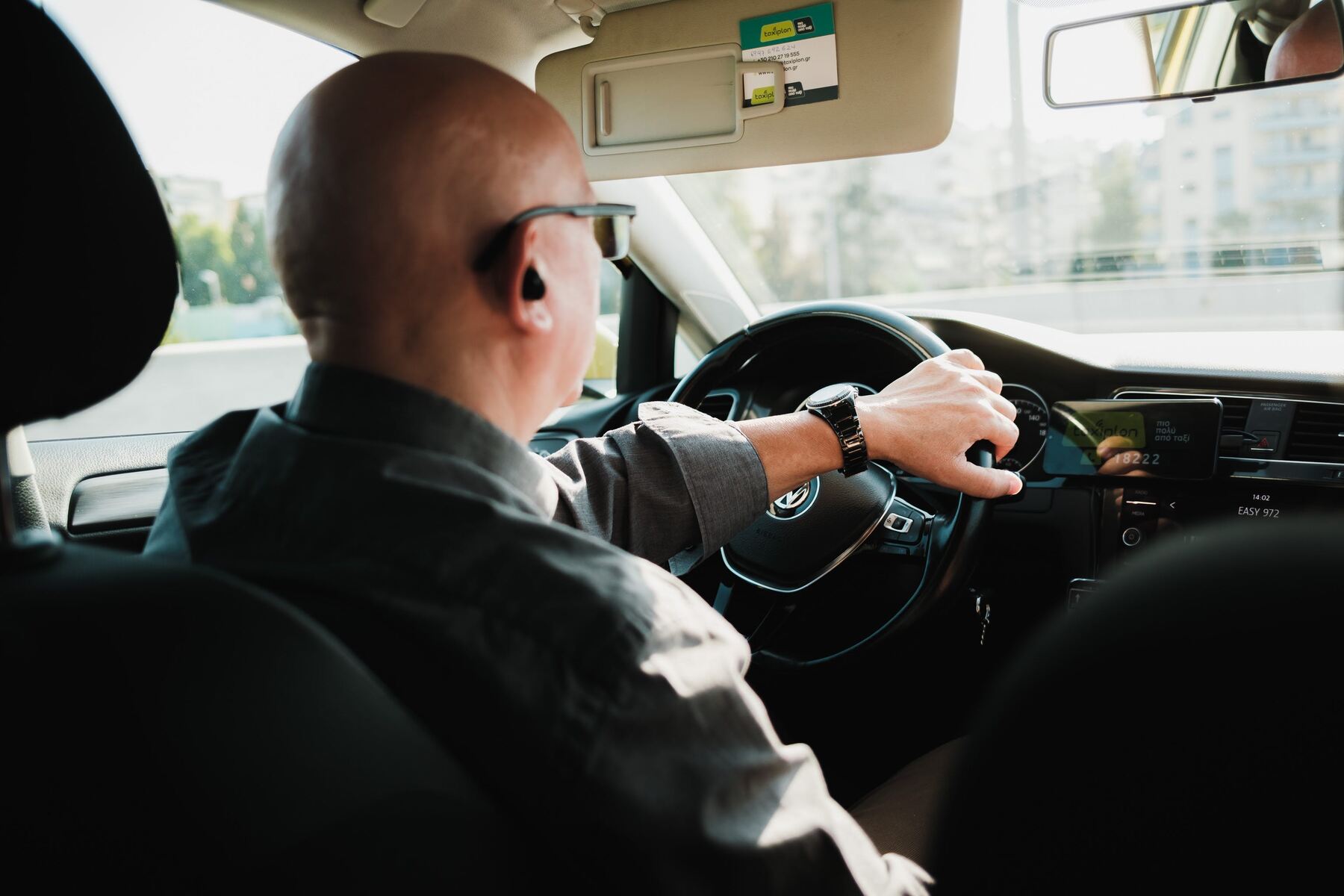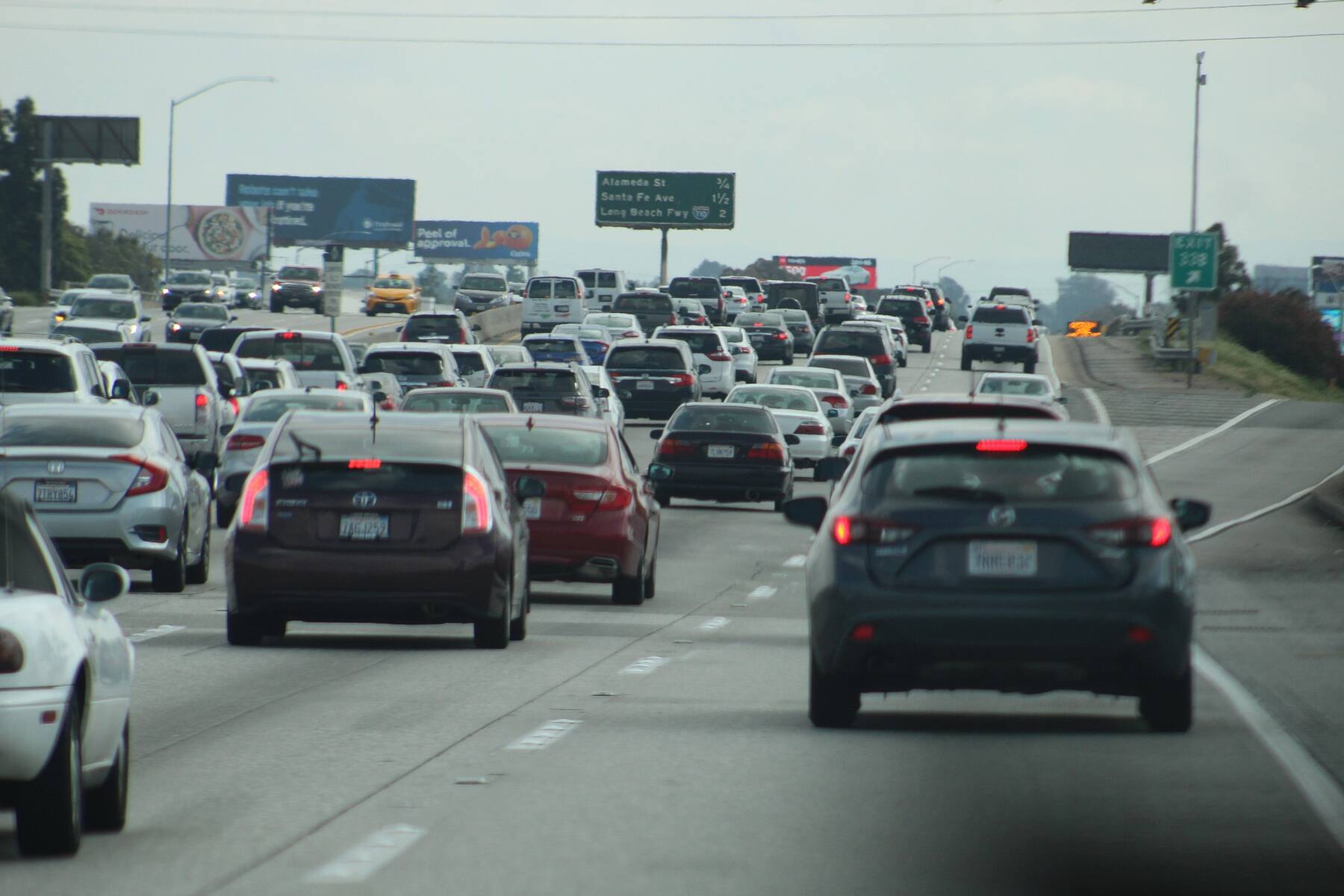If you believe you have a case against Lyft, it is essential to understand your legal rights and the necessary steps to take to protect yourself. Below, our Los Angeles Lyft accident lawyers discuss what to know about how to sue Lyft.
Three Ways to Sue Lyft
At the Law Offices of Steers & Associates, we recommend consulting with a car accident attorney experienced in handling Lyft claims. A few ways you may be able to take legal action against Lyft include:
Filing a Claim Against Lyft’s Insurance Company
Lyft has commercial auto insurance that may be applicable when its drivers are at fault for accidents. Depending on the circumstances of the accident, you may be able to file a claim against Lyft’s insurance company.
Under California Insurance Code §11580.1(b) and California Public Utilities Code §5433, Transportation Network Companies (TNCs) like Lyft are required to maintain specific commercial insurance policies that apply when a driver is logged into the app or transporting passengers.

Arbitration
Lyft includes an arbitration clause in its terms of service. This arbitration policy generally requires drivers and passengers to resolve disputes through arbitration rather than litigation in court.
The arbitrator will then make a binding decision on the matter. However, not every Lyft dispute is bound to the arbitration clause.
Taking Lyft to Small Claims Court
Small claims court is an exception in Lyft’s arbitration clause. It may be a viable option for individuals seeking resolution to minor disputes without wanting to hire an attorney. In California, small claims courts handle civil disputes in front of a judge with claims of up to $10,000.
Under California Code of Civil Procedure §116.220, individuals can bring claims up to $10,000 in small claims court, while businesses are limited to $5,000.
When Can You File a Personal Injury Lawsuit Against Lyft?
In some cases, it is difficult to file a lawsuit against Lyft directly for damages. One of Lyft’s primary defenses against liability for car accidents is the classification of its drivers as independent contractors rather than employees.
As a result, Lyft can argue that it is not responsible for the actions of its drivers because they are not direct employees.
Request Your Free Consultation
"*" indicates required fields
Even so, you may be able to file a claim against Lyft’s commercial auto insurance policy for damages. Your legal options after a Lyft vehicle accident depend on the accident circumstances.
In other cases, you may be able to sue Lyft directly for negligence, such as negligent hiring and negligent retention of drivers. Lyft is a Transportation Network Company (TNC), meaning it provides “prearranged transportation services for compensation using an online-enabled application or platform to connect drivers using their personal vehicles with passengers.”
While its drivers may be independent contractors, under California law, TNCs are responsible for ensuring its drivers are safe to operate vehicles before approving them to drive for Lyft.
 How Much Is Your Settlement Worth?
How Much Is Your Settlement Worth?
Schedule a completely free, no obligation consultation with our team
Schedule Consultation
When Is Lyft Not Liable for an Accident?
Lyft may not be responsible for your accident. Instead, another person or entity may be at fault for the accident. Examples of other parties that may be liable for the accident include:
- Lyft driver. There are some situations in which Lyft will not pay accidents caused by its drivers. For example, if a Lyft driver caused an accident while logged out of the app, their personal auto insurance would apply because they were using their vehicle for personal use. Suppose the driver is working for Lyft, but under the influence of drugs and alcohol during the accident. Lyft may deny vicarious liability due to the driver violating its terms of service.
- Another motorist. Another driver may have caused or contributed to the accident due to negligent or reckless actions like speeding, distracted or negligent driving, or ignoring traffic signals.
- Vehicle or parts manufacturer. A defective vehicle or a faulty car part may have caused or contributed to the accident. If this is the case, the manufacturer may be liable for damages.
- Government entity. If poor road conditions, lack of proper signage, or other infrastructure-related issues contributed to the accident, the local government or entity responsible for maintaining the roadway may be liable.
An experienced Los Angeles Lyft accident lawyer can conduct an independent investigation of the accident and help you determine who is responsible for your damages. Accident attorneys can also help determine your compensation rights depending on the statute of limitations in your state.
When Does Lyft Insurance Coverage Take Effect?
Lyft provides commercial insurance for its drivers, but the coverage varies depending on the period of the ride:
When the App is Off
When a Lyft driver is offline, Lyft’s commercial insurance does not apply in the event of an accident. If an accident occurs during this period, the driver’s personal auto insurance policy would apply.
When the Driver is Online Waiting for a Ride
Once the driver logs into the app and is waiting for a ride request, they are covered by Lyft’s commercial auto insurance, but only for third-party liability. This means it covers injuries or damages to third-party claims if the Lyft driver is at fault. The policy includes $50,000 per person for bodily injury, $100,000 per accident for bodily injury, and up to $25,000 per accident for property damage. However, the coverage is contingent on whether the Lyft driver’s personal insurance covers the accident or has been exhausted.
When the Driver is Online and En Route to Pick Up Passengers or During a Ride
Once a ride request has been accepted and the ride is active, Lyft’s insurance becomes the primary coverage, and the policy limits increase. The coverage is in effect until the passenger has been dropped off at their destination. During this period, Lyft provides the following coverage:
- $1 million for third-party liability
- Contingent comprehensive and collision coverage up to the actual cash value of the Lyft driver’s vehicle, with a $2,500 deductible
- First party coverages, which may include underinsured motorist or uninsured motorist coverage and Med Pay
Damages You Could Seek Compensation for After an Accident With Lyft
After an accident, you may be eligible to seek compensation for a variety of damages from the other party. In a lawsuit against Lyft, it’s important to know the difference between economic damages vs non-economic damages. Economic damages encompass quantifiable financial losses such as:
- Medical bills
- Lost income from missing work because of the accident
- Future medical expenses related to the accident
- Loss of future earning capacity
- Property damage
Non-economic damages cover intangible losses like:
- Physical pain and suffering
- Emotional distress
- Loss of enjoyment of life
If your loved one was killed in an accident involving Lyft, you may be able to recover wrongful death damages through a wrongful death lawsuit. These damages may include funeral and burial expenses, loss of future wages, and loss of consortium damages.
Schedule a Consultation With a Los Angeles Lyft Accident Lawyer
Have you or a loved one suffered Lyft accident injuries or damages? You may have a viable claim to pursue compensation for your damages, such as medical bills, lost wages, and property damages. We encourage you to schedule a free case evaluation with our experienced Los Angeles Lyft accident lawyer.
During a consultation, we can discuss your potential options for taking legal action and pursuing financial compensation and how we may be able to help you. Call us at (800) 824-5416 or submit our online contact form.

Allen Vaysberg practices personal injury law and works tirelessly to defeat the tactics of insurance companies and large corporations who try to deny justice and fair compensation to injured people.


